T4K3.news
China faces record chikungunya outbreak
Southern China battles a rising chikungunya outbreak with cross-border cases and strong vector-control efforts

Outbreak grows in southern China with Foshan at the center, spreading to Taiwan and Hong Kong while travel warnings rise.
China confronts record chikungunya outbreak
China reports 1,387 new chikungunya cases last week, pushing the national total above 10,000. Most infections are in Foshan, a city in Guangdong province, with 1,212 cases, while Guangzhou has 103 and Zhanjiang 39. Officials say the latest weekly total is lower than the previous seven days, suggesting the outbreak may be slowing. There have been no reports of severe illness or deaths. The outbreak has prompted measures such as street disinfection, hospital quarantine, and aggressive vector-control tactics, including drones, insecticides, and what authorities describe as cannibal mosquitoes and killer fish to eliminate breeding grounds.
Internationally, Taiwan and Hong Kong have detected cases linked to China’s outbreak. The US Centers for Disease Control and Prevention has issued a Level Two warning and is assessing the size and reach of the outbreak, with travelers advised to take precautions. The agency notes chikungunya spreads only through mosquito bites and has said there are two vaccines available, though there is no specific treatment. The situation shows how quickly a local health issue can become a cross-border concern, a point reinforced by experts who say the disease is just "one plane ride" away from reaching American shores.
Key Takeaways
"CDC is aware of the reported chikungunya outbreak in Guangdong Province in China and is currently assessing the size and extent of the outbreak."
official assessment by US health authorities
"Experts in the US say the disease is just 'one plane ride' from reaching American shores."
risk assessment in the United States
"There are two vaccines available."
medical fact
"There is no treatment for the virus."
medical reality
Outbreaks now travel with people as easily as with mosquitoes. The Guangdong situation tests a familiar pattern: a center city becomes the hotspot, while a wider region feels the ripple effects through travel and commerce. The public health response mixes aggressive vector control with city life disruptions, a reminder that containment often means broad social costs. The international thread adds pressure on travel systems and health agencies to act with speed and transparency.
The real question is not only how fast the virus spreads but how fast information and vaccines move. The article notes vaccines exist and data show no severe cases yet, which could prove comforting or misleading. Vigilance remains essential as the clock ticks on an evolving threat.
Highlights
- A mosquito bite travels across borders faster than a passport
- Travelers cannot assume safety when a local outbreak grows
- Public health actions now shape the next outbreak response
- Outbreaks reveal how global mobility changes disease risk
Cross-border health risk and public reaction
The outbreak in southern China triggers travel advisories and stringent public health measures, raising questions about economic impact and how communities respond to such interventions.
Vigilance and science must stay ahead of the clock
Enjoyed this? Let your friends know!
Related News

Chikungunya outbreak forces new tactics in Foshan

Chikungunya virus outbreak in China confirmed
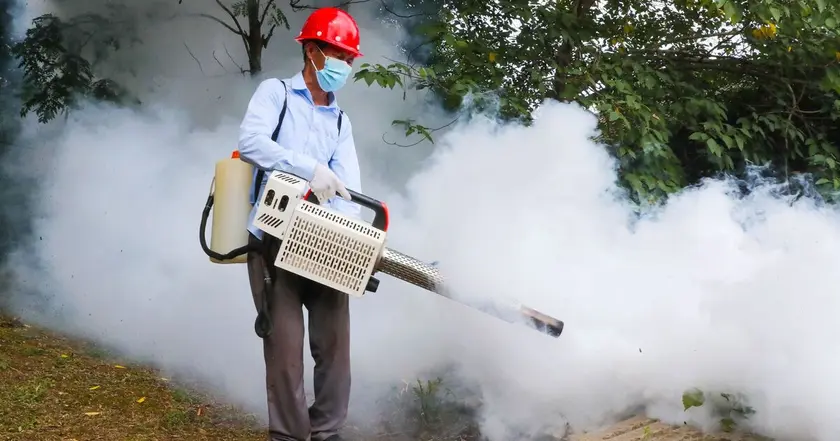
Chikungunya outbreak expands

China reports over 10,000 Chikungunya virus cases
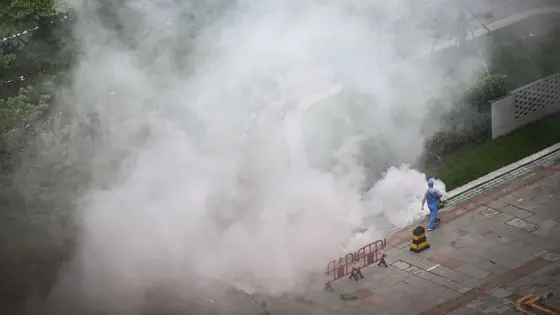
China faces significant chikungunya outbreak
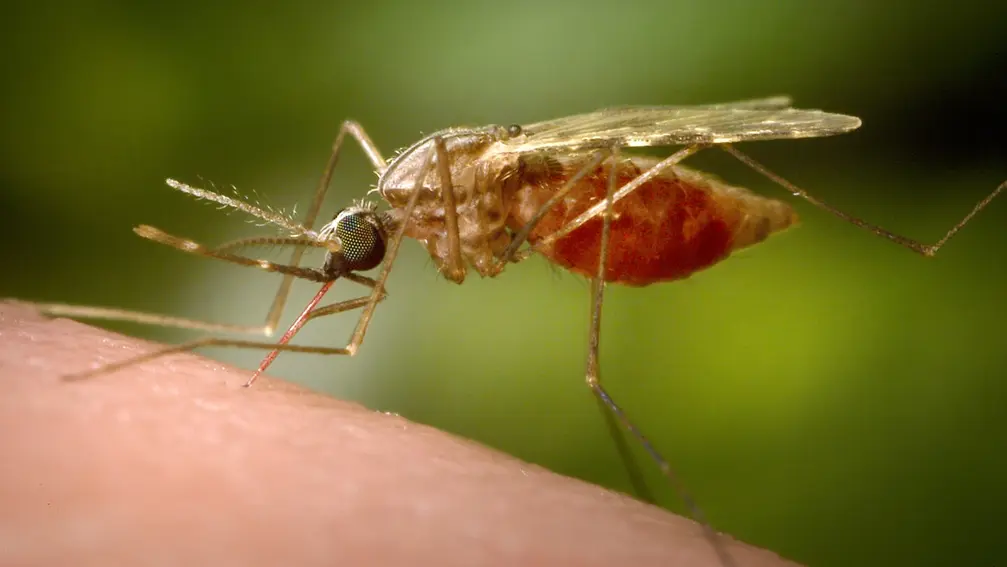
Chikungunya fever cases in Guangdong surge to 4,014
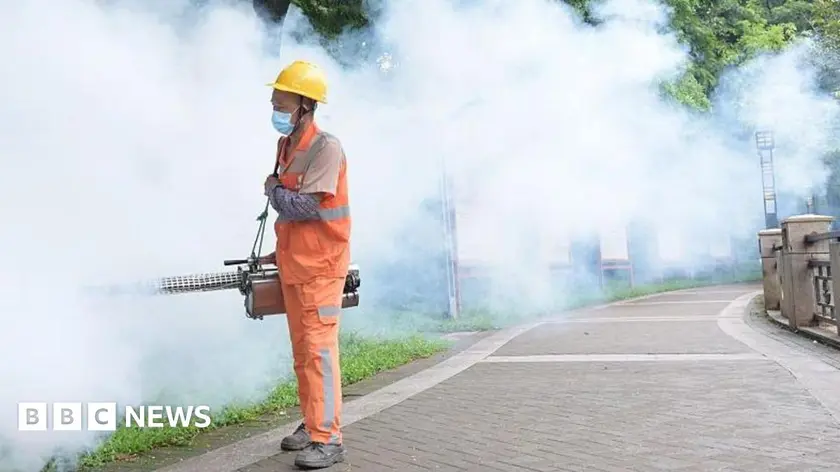
China reports over 7000 chikungunya cases
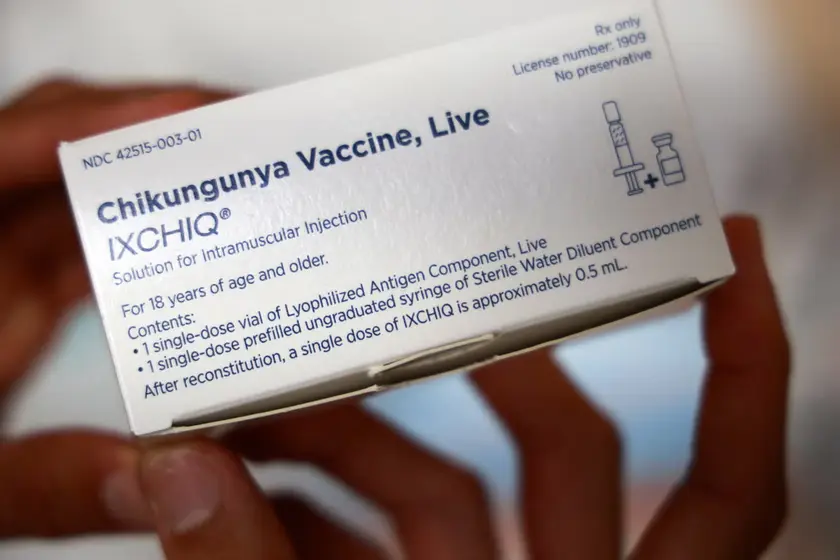
Chikungunya outbreak in China reaches nearly 8,000 cases
